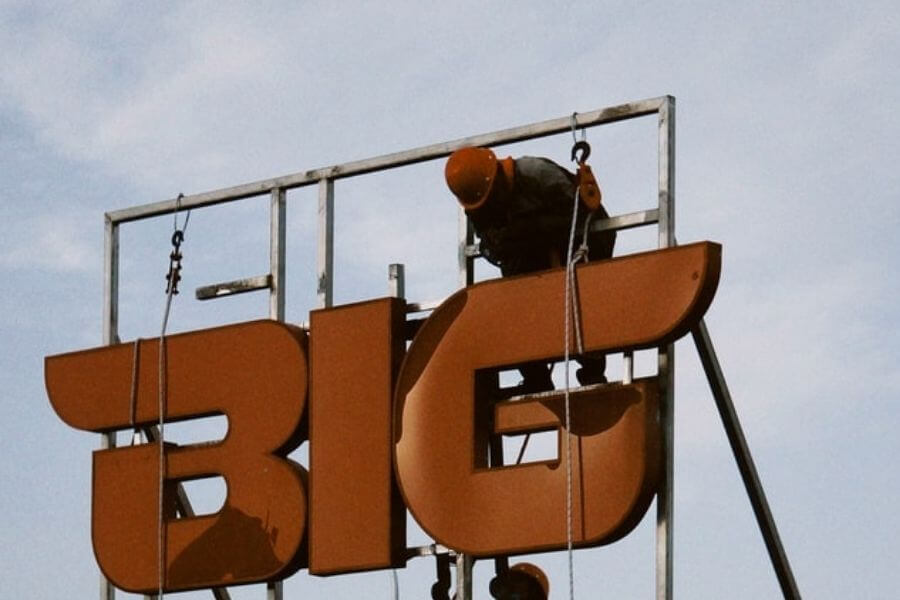
You need to know whom you can sue and then identify its legal name in Chinese.
When you are preparing to file a lawsuit, you need to find out exactly who the defendant (the person or business you are suing) is, so you can name the same correctly on your claim.
In case of a breach of contract, you can sue the breaching party. In case of a product quality dispute, you can sue the seller or the manufacturer. In case of an intellectual property infringement, you can sue the one who pirated your works.
However, if you want to sue the other party, you need to know its legal name in Chinese.
You may see the name of a Chinese enterprise on the contract or the name of a Chinese manufacturer on the package. But these names are likely to be in English or other languages, rather than in Chinese.
All Chinese individuals and enterprises have their legal names in Chinese, and they have no legal or standard names in foreign languages.
In other words, their English names or names in other languages are named by themselves randomly. Usually, it’s hard to back-translate their weird foreign names to their legal Chinese names.
If you don’t know their legal names in Chinese, then you won’t be able to tell the Chinese court whom you are suing. Therefore, Chinese courts will not accept your case.
We can check relevant information or search online to find the legal Chinese name of the Chinese defendant as far as possible, and prove to the Chinese court that the Chinese name found and the foreign name provided point to the same subject.
Moreover, if you purchase goods or services on a Chinese online trading platform which fails to provide the real name, address, and valid contact information of the seller or service provider, you can also sue the platform directly.
The Cross-border Trade Dispute 101 Series (‘CTD 101 Series’) provides an introduction to China-related cross-border trade dispute, and covers the knowledge essential to cross-border trade dispute resolution and debt collection.
* * *
Do you need support in cross-border trade and debt collection?
CJO Global's team can provide you with China-related cross-border trade risk management and debt collection services, including:
(1) Trade Dispute Resolution
(2) Debt Collection
(3) Judgments and Awards Collection
(4) Anti-Counterfeiting & IP Protection
(5) Company Verification and Due Diligence
(6) Trade Contract Drafting and Review
If you need our services, or if you wish to share your story, you can contact our Client Manager Susan Li (susan.li@yuanddu.com).
If you want to know more about CJO Global, please click here.
If you want to know more about CJO Global services, please click here.
If you wish to read more CJO Global posts, please click here.
Contributors: Meng Yu 余萌









